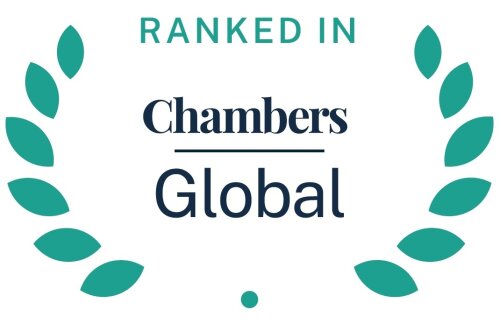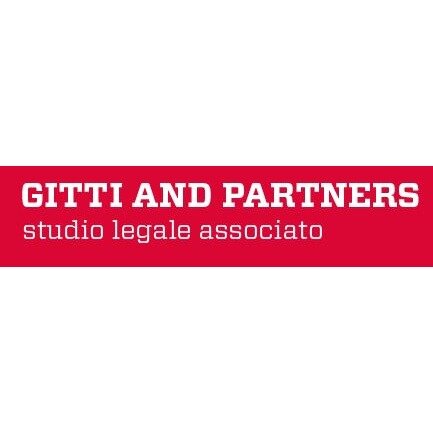Best Oil, Gas & Energy Lawyers in Milan
Share your needs with us, get contacted by law firms.
Free. Takes 2 min.
List of the best lawyers in Milan, Italy
About Oil, Gas & Energy Law in Milan, Italy
The field of Oil, Gas, and Energy Law in Milan is a complex sector, playing a pivotal role in the economy. This discipline focuses on various economic activities, ranging from extraction to distribution, regulated by Italian and European Union legislation. With Italy's continuous focus on green energy transition, the framework surrounding this area of law is rapidly evolving, and Milan, as an economic and industrial hub, is at the forefront of this transformation. Understanding its intricacies requires specialized knowledge.
Why You May Need a Lawyer
Legal assistance is essential in matters concerning Oil, Gas & Energy Law due to several reasons: negotiating contracts, ensuring compliance with intricate and evolving regulations, representation during disputes, guidance during mergers and acquisitions, and advice on environmental sustainability matters. Attorneys specializing in this field can provide insights into feasibility studies, financing, taxation, operations, and more. For businesses, having legal guidance can minimize potential legal hurdles and financial risks.
Local Laws Overview
In Milan, Italian national legislation and EU directives govern the Oil, Gas, and Energy sector. This includes environmental legislation, such as the Integrated Pollution Prevention and Control (IPPC) directive, and regulations towards renewable energy. Regulatory bodies like the Regulatory Authority for Energy, Networks, and the Environment ensures compliance. Locally, stringent regulations may apply for certain activities, highlighting the need for a detailed understanding of the landscape.
Frequently Asked Questions
1. What are the main regulatory bodies in Italy that oversee Oil, Gas and Energy?
The Regulatory Authority for Energy, Networks and the Environment (ARERA) is the main regulatory body. The Ministry of Economic Development also plays a crucial role in this sector.
2. What is involved in the process of negotiation for oil and gas contracts?
These complex processes involve defining delivery terms, pricing mechanisms, risk allocation, regulatory compliance, dispute resolution methodologies and more. Legal assistance is vital to safeguard parties' interests.
3. Are there special provisions or laws concerning renewable energy in Milan?
Renewable energy projects in Milan fall under the broader European Union and Italian renewable energy policy and regulations, promoting the use of sustainable energy sources.
4. How does the transition to green energy impact oil, gas and energy law?
As Italy progresses towards a greener economy, laws and regulations evolve to reflect changes. Businesses in the sector need to align with sustainability targets, environmental protections, and new regimes for green financing.
5. Can individuals seek help in residential energy issues?
Yes. Lawyers can assist with matters like utility contracts, energy efficiency provisions, or disputes with energy providers.
Additional Resources
Authorities such as the Regulatory Authority for Energy, Networks, and the Environment (ARERA) and the Ministry of Economic Development provide vital information. Additionally, industry associations like the Italian Association of Oil and Gas Companies can provide relevant resources. Legal provisions can be found in the Italian Civil Code and other legislation.
Next Steps
If you need legal assistance in Oil, Gas & Energy, find a specialized lawyer who understands the specific intricacies of these sectors. Schedule a consultation to discuss your situation and potential legal strategies. Refine your understanding by staying informed and updated about the latest changes in the sector's regulatory landscape.
Lawzana helps you find the best lawyers and law firms in Milan through a curated and pre-screened list of qualified legal professionals. Our platform offers rankings and detailed profiles of attorneys and law firms, allowing you to compare based on practice areas, including Oil, Gas & Energy, experience, and client feedback.
Each profile includes a description of the firm's areas of practice, client reviews, team members and partners, year of establishment, spoken languages, office locations, contact information, social media presence, and any published articles or resources. Most firms on our platform speak English and are experienced in both local and international legal matters.
Get a quote from top-rated law firms in Milan, Italy — quickly, securely, and without unnecessary hassle.
Disclaimer:
The information provided on this page is for general informational purposes only and does not constitute legal advice. While we strive to ensure the accuracy and relevance of the content, legal information may change over time, and interpretations of the law can vary. You should always consult with a qualified legal professional for advice specific to your situation.
We disclaim all liability for actions taken or not taken based on the content of this page. If you believe any information is incorrect or outdated, please contact us, and we will review and update it where appropriate.

















